The former Soviet Asian States present considerable opportunities to become major tourist destinations due to their unique cultural, historical, archaeological, and natural attractions and heritage. While Uzbekistan, Kazakhstan and Tajikistan have strategically utilised tourism to drive economic growth, the sector still faces numerous challenges including lack of supply chain and logistics facilities, underdeveloped infrastructure and low standard services for tourists. In some countries, visa restrictions and high prices are also considered inhibitory factors for travellers.
The recent development and high potential of the tourism sector in the region provides an opportunity not to miss for setting-up and promoting a sustainable tourism model; one aimed at supporting growing local economies, respecting communities and protecting cultural and heritage sites from risks of overcrowding and from damage caused by natural disasters.
“Travel destinations that are becoming increasingly popular, such as those in Central Asian countries, offer unprecedented opportunities to become role models of sustainable tourism in the world”, said Gian Andrea Garancini, MOST Project Manager.
The EU SWITCH-Asia project “A model for sustainable tourism in Central Asia: Building capacities, creating awareness, introducing technology” (MOST) implemented from 2020-2022, aims at promoting a new and well-structured model for sustainable tourism in Uzbekistan, Tajikistan and Kazakhstan that can contribute to preserving and strengthening local culture, heritage and traditions, while also protecting the natural environment.
This will be achieved through the provision of a life cycle and supply chain management approach to sustainability interventions in tourism, covering issues that range from support for regional policies and planning, adoption of standards, introduction of value chain concepts, to the awareness of relevant stakeholders, highlighting in this way the multi-stakeholder nature of tourism sustainability and the great benefits that will arise through the engagement and cooperation of all stakeholders.
Since the project’s launch on 3 February 2020 in Tashkent, project partners from EU countries organised and delivered a series of online training seminars in Uzbekistan, Kazakhstan and Tajikistan on GSTC for sustainable tourism, quality standards and certification methods, green procurement, environmental certification process and relevant tools for assisting data collection and management. A total of 32 trainees joined from Kazakhstan, 62 from Tajikistan and 105 from Uzbekistan. Activities are still ongoing in Uzbekistan until the end of February, reaching a total of 380 tourism related MSMEs in Central Asian countries targeted by the project.
On December 15th in Tajikistan and on December 22nd in Kazakhstan and Uzbekistan, three round tables were organised to strengthen the dialogue between tourism enterprises and representatives of the government. The events brought together more than 95 participants offline and online, including local authorities, regional and national representatives, industry leaders, associations, higher education institutions, hotels, tourism and consulting companies, professionals and environmental experts. EU project partners (H.D.A., LCTA, European Profiles and APINTECH) also joined these discussions online and shared their experience and knowledge on key issues.
Since round table discussions will be organised on a yearly basis, these events are foreseen to become a valuable platform for dialogue between business organisers, experts and government authorities with the aim of introducing new practices and technologies contributing to environmental protection and inclusive economic development.
Working groups were created to strengthen collaborations and foster the exchange of international experiences, legislative frameworks, and good practices from each country. Moreover, a lobby mechanism for the promotion of sustainable tourism and harmonization of accommodation facilities with international standards and HCMI (Hotel Carbon Measurement Initiatives), GSTC criteria and CSR (Corporate Social Responsibility) initiatives were developed.
In 2020, the MOST project website and Facebook page were also created to share project updates and results in English and Russian.
During the second implementation year, MOST has planned to support targeted SMEs to move forward towards a more sustainable way of production, operation and delivery of their services. This will be achieved through obtaining appropriate equipment, marketing support, networking opportunities and transferring EU good practices. Additional round table discussions and workshops will also be organised for sustainable tourism planning. Moreover, partners are planning to install certification preparation software and identify financial resources from EU and other international donors.
Five out of seven EU SWITCH-Asia funded projects in Central Asia are targeted towards the Tourism and Hospitality Industry. This means that through different approaches and one shared vision, MOST and the other projects have committed to the ambitious plan to make the Central Asia Tourism Industry more sustainable.

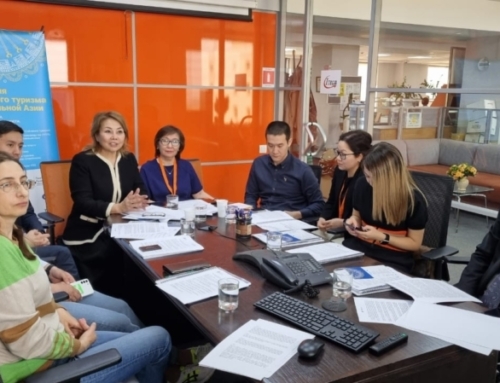
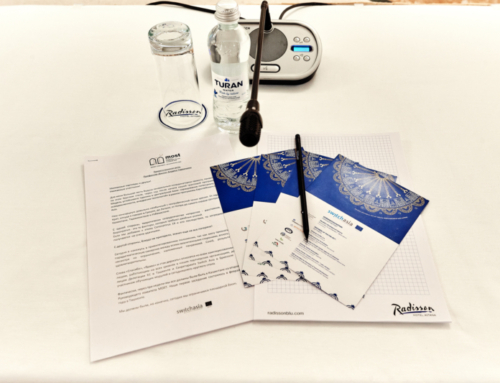
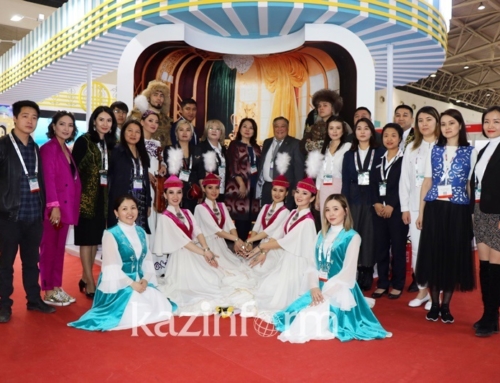
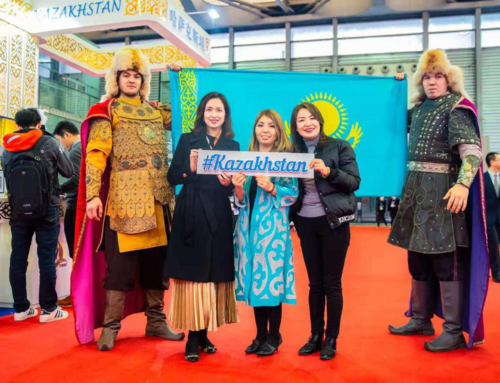

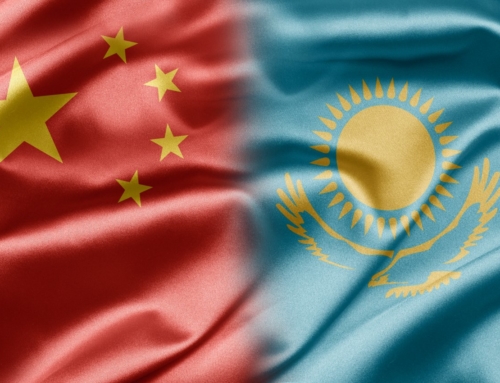
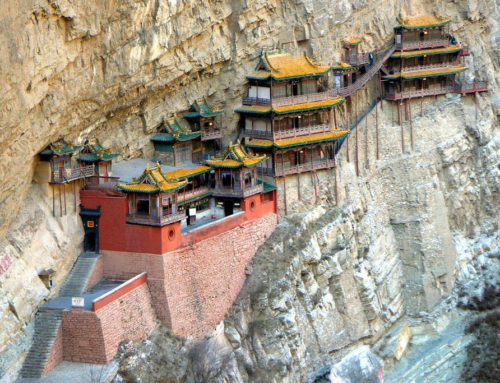
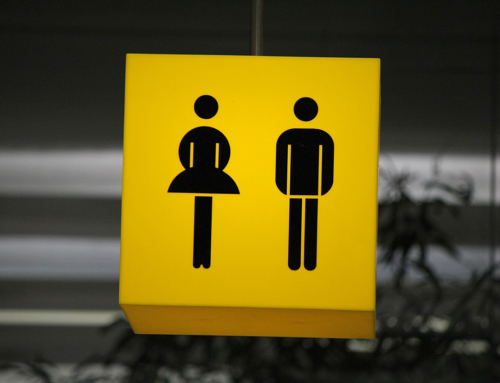
Leave A Comment